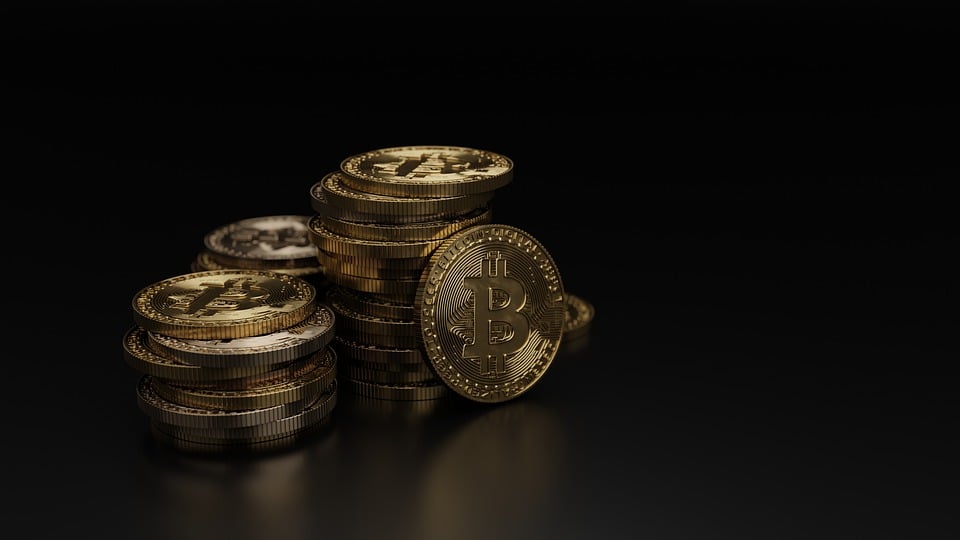Ethereum is revolutionizing the way we think about money. This groundbreaking technology is more than just a digital currency; it is a decentralized platform that enables developers to build and deploy smart contracts and decentralized applications (DApps) on its blockchain network.
Traditionally, money has been controlled by centralized entities such as banks and governments. However, Ethereum challenges this conventional structure by providing a global, open-source platform where transactions can take place without the need for intermediaries. This not only reduces transaction costs but also increases transparency and security.
Smart contracts, a key feature of Ethereum, are self-executing contracts with the terms of the agreement directly written into the code. These contracts automatically execute when certain conditions are met, eliminating the need for traditional legal agreements and intermediaries. This has the potential to revolutionize industries such as finance, real estate, and healthcare by streamlining processes and reducing the risk of fraud.
Decentralized applications (DApps) are another way in which Ethereum is changing the way we think about money. These applications run on the Ethereum blockchain and are not controlled by any single entity, making them resistant to censorship and tampering. DApps have the potential to disrupt traditional business models by providing decentralized alternatives to centralized services.
In addition to smart contracts and DApps, Ethereum is also leading the way in the development of digital assets known as non-fungible tokens (NFTs). These unique tokens represent ownership of digital or physical assets such as artwork, collectibles, and virtual real estate. NFTs have gained popularity in recent years, with high-profile sales generating millions of dollars in revenue.
Overall, Ethereum is revolutionizing the way we think about money by providing a secure, transparent, and decentralized platform for conducting transactions and building applications. As we continue to explore the possibilities of this technology, we can expect to see even more innovations that challenge traditional financial systems and pave the way for a more inclusive and efficient global economy.



